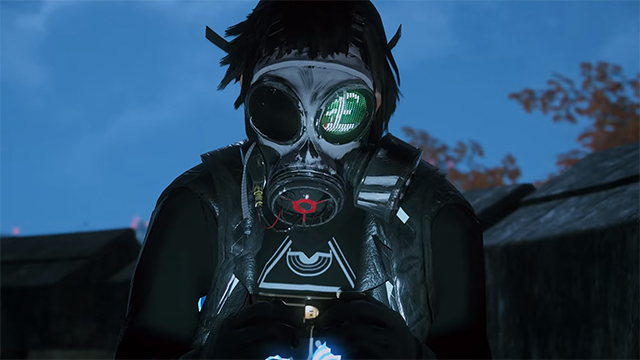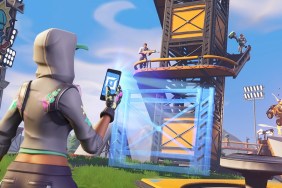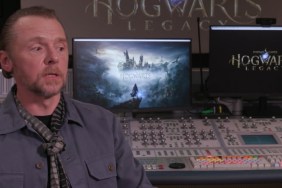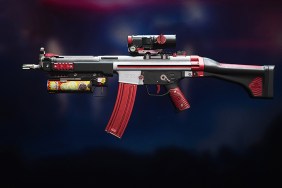Watch Dogs Legion is quite a promising game. Being able to play as anyone seems to add a lot to its open world, be it flavor or actual gameplay paths. Part of this has to do with the game’s nearly eight-month delay. Game Director Kent Hudson recently sat down with Game Revolution to speak…

Atlas is an action-rpg with rogue-like elements where you use your ability to control the ground to fight the enemies and move through procedurally generated worlds.










